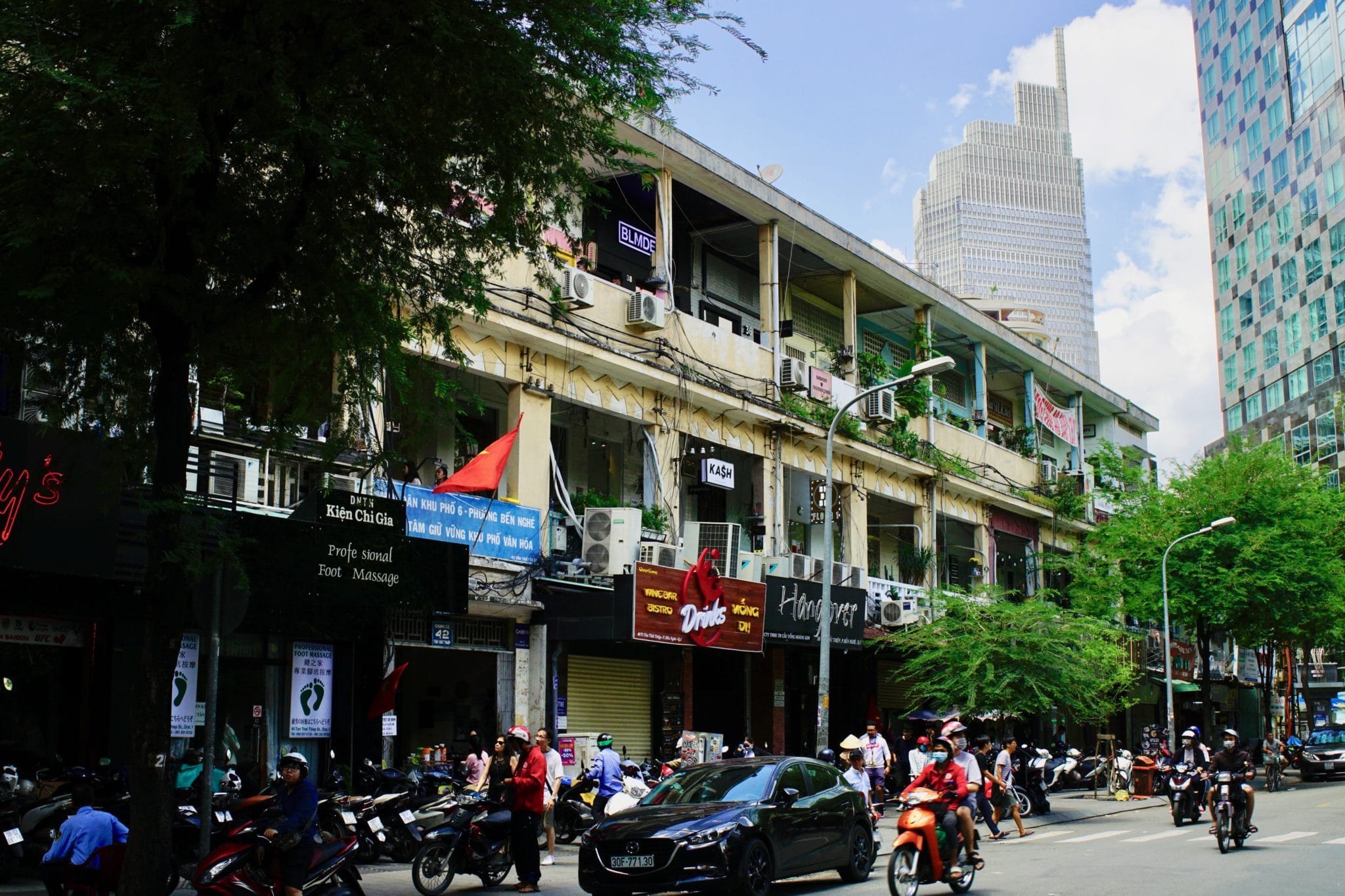I learned on an episode of Sincerely, Hueman recently that the U.S. government’s refugee resettlement program lasts only 90 days. Refugees are expected to be self-sufficient within this time frame. This week, we, the privileged expats in Vietnam, approach our own 90-day milestone. The dichotomy of our experience versus that of refugees is on my mind.
Living abroad and settling into a new life is daunting, but the complexity increases multi-fold when the move is forced, with limited funding and entitlement. Now living in my sixth country, I’ve faced unique challenges in each move, but nothing compares to the harrowing stories of the refugee experience.
For the sake of clarity, I refer to the term expats and refugees by Viet Thanh Nguyen, a Pulitzer Prize-winning author who gave an excellent overview to differentiate between expats, immigrants, and refugees:
Expats: People who move with wealth and privilege to different countries, typically from wealthier, whiter nations.
Refugees: The unwanted people who move – unwanted where they come from, and unwanted where they go.
English & Local Language
With technology and an active expat community, moving to Vietnam without speaking Vietnamese has been relatively easy. For many expats, learning Vietnamese is not a necessity, but a choice. Many don’t bother to make such an effort. With English as the lingua franca, expats can easily navigate the city only in English, especially when willing to pay the premium price tag.
For refugees resettling into the anglophone countries, learning English is an immediate hurdle. If a displaced person is sent to a European country like France or Germany, no amount of English would be sufficient not to learn the local language. Whereas for an expat, learning the local language is a choice, for a refugee, it is a necessity.
Paperwork Hurdle
For our move to Vietnam, Xav’s company arranged our visa. Someone met us at the visa-on-arrival counter, swiftly took us through the VIP line. We are working on transferring our temporary visa to a residence permit, and an agent is there every step of the way. Similarly, when I moved to China, I enjoyed my U.S. passport privilege and arrived as a tourist, and later transferred the visa to a work permit sponsored by my employer.
We sometimes complain about paperwork when asked to supply additional documents. Yet that doesn’t mean we need to do more work. Most of the time, we simply hire agents to deal with the hassle. ‘Tis the privilege to eliminate paperwork headaches with cash.
For a displaced person, it’s common to be stateless, to live in refugee camps for years on end, to go through endless rounds of interviews to explain their status for asylum. No country lets in refugees willy-nilly. The more prosperous the country, the more stringent the process. I cannot imagine the need to continually persuade why I deserve a place to government agents from countries that do not want me.
Finding Work
Once refugees obtained
We the expats, often arrive in a new country because of a lucrative or exciting job offer. Many of us possess desirable skills that provide us with the freedom to choose. We can afford to change jobs when the current position becomes boring, or another more lucrative offer awaits. Sometimes, our salary is multiple times the local average, further perpetuating the wealth and privilege that we already possess.
Securing Housing
Upon arrival at Saigon, Xav’s company had already reserved a hotel for us for two weeks. We then secured a temporary housing option within a full-service building, 100% move-in ready. Now, at the end of this 90-day period, we move into our longer-term home, with the help of an English-speaking real estate agent.
We handed over the two-month security deposit and first-month rent with one big bank transfer. Sure, the apartment hunting required a bit of work, but once again, our ability to pay reduces much hassle. This non-service unit requires more effort to manage on my part, but nothing a quick search on Facebook’s expat group can’t resolve.
In contrast, renting as a newly arrived displaced person is more complicated. Besides a sizeable security deposit, credit checks, bank statements, and even references may be required. These items are often difficult for refugees to obtain. Low-income housing takes months to process, and finding ways to keep afloat beyond the first 90 days is often a challenge.
Culture & Customs
Once housing and jobs are sorted, then comes integration in everyday life. Where to buy groceries to cook meals that are familiar to us? What shops sell items that we need and want to outfit our new home? How to create friendship and build communities that accept our differences?
These are questions that everyone who makes a move has to face. 90 days in Saigon, and I feel I’ve barely begun to peel back the onion layers on this complex city. Even with my privelege and relative wealth, integration takes time. In my experience, two years is the necessary time frame to have a good handle on life in a new place. I was thus surprised to learn refugees receive such short assistance.
Fortunately, many organizations now exist to extend assistance to refugees with assimilation and resettlement. All newcomers welcome a helping hand to adjust to a new life. Culture exchanges can happen at home as well. Reach out to refugees and immigrants in your community, and learn from one another.
Final Thoughts
Living internationally can seem very glamorous and exotic. While expats enjoy the excitement of a new adventure, refugees face undue challenges in a foreign land out of necessity. Keeping this perspective is essential as we settle into life in Vietnam.
The tendency to complain when things don’t go as planned is human nature. For us expats, our worst-case-scenario is that we can always go back to our prosperous country. Yet for millions of displaced individuals, they must assimilate. This ability to choose is an immense privilege not to be taken for granted.
Further Reading
- 90 Days To Start A New Life: For Refugees In The U.S., What Happens Next? | NPR
- Refugee resettlement: Perspectives from an IRC caseworker | IRC
- Expat, Immigrant, Migrant, Refugee: Why ‘This Land Is Our Land’ No Matter the Label | NYT
- United States Resettlement Partners | UNHCR







